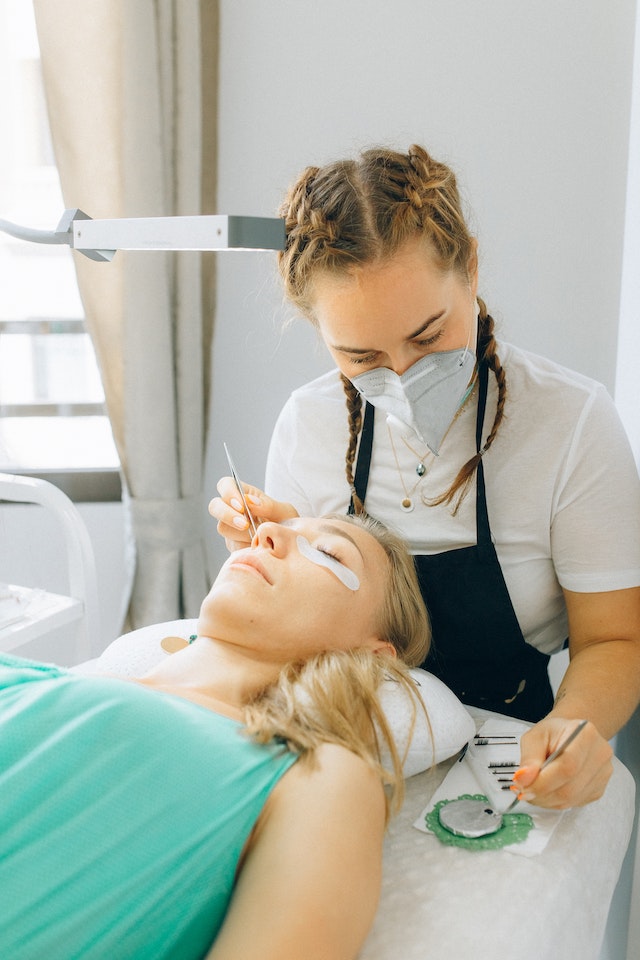Introduction:
Cosmetic surgery has gained popularity in recent years as more individuals seek to enhance their appearance and boost their self-confidence. While the physical transformations resulting from these procedures are often the focus of discussion, the emotional impact is frequently overlooked. In this report, we will explore the emotional toll of cosmetic surgery and shed light on how it can lead to depression and anxiety for some individuals. Understanding the psychological effects is essential for anyone considering or undergoing such procedures.
The Expectation-Reality Gap:
One of the main factors contributing to the emotional toll of cosmetic surgery is the expectation-reality gap. Many individuals enter into the process with high hopes and expectations, anticipating that altering their physical appearance will magically solve their underlying emotional struggles. However, the reality may not always align with these expectations, leading to disappointment, self-doubt, and a worsening of emotional well-being. Unrealistic expectations and the pursuit of an idealized appearance can exacerbate existing insecurities and create new ones.
Body Dysmorphia and Perfectionism:
Cosmetic surgery can be particularly risky for individuals already experiencing body dysmorphia or perfectionistic tendencies. Body dysmorphic disorder (BDD) is a psychological condition characterized by an obsessive preoccupation with perceived flaws in one’s appearance. For individuals with BDD, cosmetic surgery can provide temporary relief but often fails to address the underlying psychological issues. Moreover, perfectionistic tendencies can lead to a never-ending cycle of seeking more procedures, as the individual is never satisfied with the results.
Post-Surgery Adjustment and Self-Image:
The post-surgery adjustment period can be emotionally challenging for some individuals. While physical healing takes time, the emotional healing and acceptance of the new appearance can be even more demanding. Adapting to the changes and accepting the new self-image can trigger feelings of insecurity, regret, and even depression. Additionally, the pressure to maintain the desired results can lead to increased anxiety and self-criticism, perpetuating a cycle of emotional distress.
Social and Peer Pressure:
Social and peer pressure can also contribute to the emotional toll of cosmetic surgery. In a society that values youthfulness and physical perfection, individuals may feel compelled to undergo procedures to meet societal beauty standards or fit in with a particular social group. This external pressure can erode self-esteem and create a sense of inadequacy. Furthermore, comparing oneself to others who have undergone cosmetic surgery can lead to feelings of competition and further dissatisfaction with one’s appearance.
Psychological Support and Counseling:
Recognizing the emotional impact of cosmetic surgery, it is crucial to provide adequate psychological support and counseling to individuals considering or undergoing these procedures. Pre-operative counseling can help individuals evaluate their motivations, expectations, and potential emotional consequences. Post-operative support can assist in navigating the adjustment period, addressing emotional challenges, and fostering self-acceptance. Mental health professionals can provide valuable guidance and tools for managing the emotional aspects of cosmetic surgery.
Conclusion:
While cosmetic surgery may promise physical transformations, it is essential to recognize and address the emotional toll it can take on individuals. Understanding the expectation-reality gap, the role of body dysmorphia and perfectionism, the challenges of post-surgery adjustment, and the influence of social and peer pressure is crucial for promoting informed decision-making. By providing comprehensive psychological support and counseling, individuals can navigate the emotional journey of cosmetic surgery with greater resilience and self-acceptance. It is essential to prioritize mental well-being alongside physical enhancements to ensure a holistic approach to cosmetic procedures.




